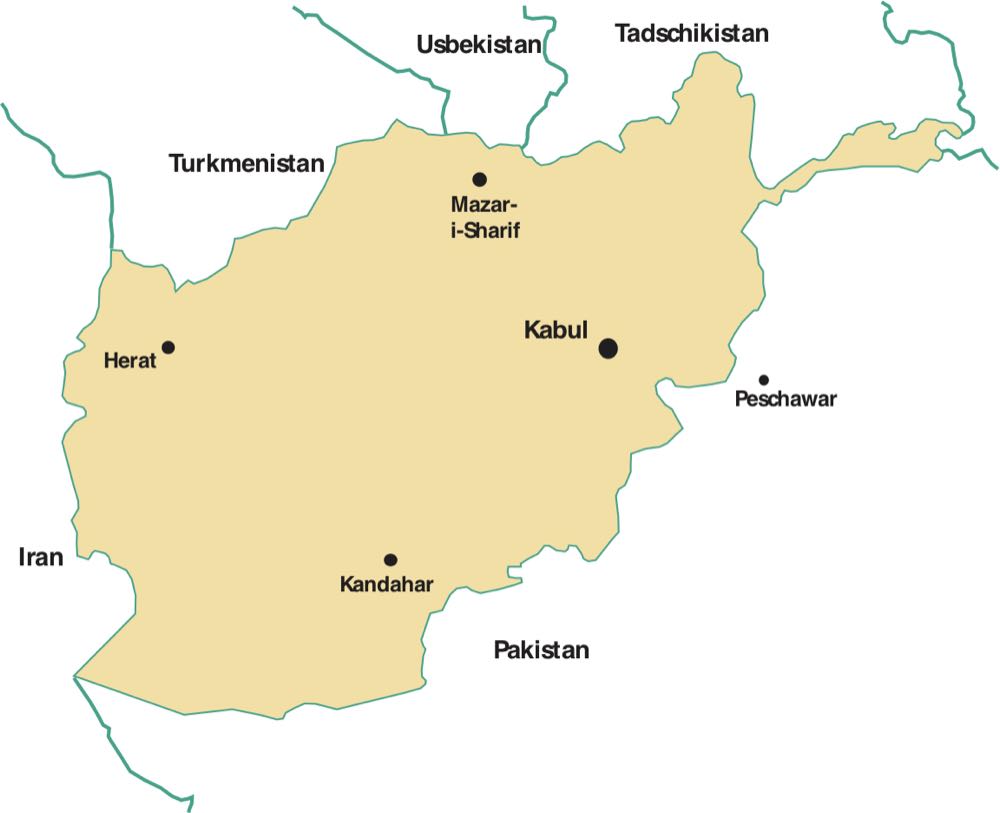30.08.2021
Afghanistan: Latest news about people and carpet production
In Afghanistan, events are happening at a breakneck speed; the pictures and news make us feel deeply concerned. So how is the situation affecting the population, including the carpet-making population, we ask ourselves. What future awaits the people in this politically and economically very uncertain situation? And: How can the carpet trade help? On our site, Carpet Home will keep you informed; this article is constantly updated.The Austrian importer Oritop, which specialises in Afghan carpets, is regularly in touch with its contacts in Kabul, Herat, Ankhoy and Mazar-e Sharif. "Things are quiet in the knotting areas, people continue to go about their work," Oritop owner Fritz Langauer reported on 30 August. "Girls attend school, the washing facility in Kabul is also still in operation. At the same time, we are all very worried about the future." Mohibullah Qul (Afghan Bazar) has similar information for us: The order situation is unchanged, he says, and artisans are still making rugs. However, since there are not flights available at the moment, they cannot be flown out of the country yet.
Oritop is trying to take its rugs to Pakistan first: shipments to Peshawar is still possible; the border has so far only been closed to passenger traffic. However, the customs duty has tripled from the former 2 USD per square metre. "Even if everything works out, I think we have to expect major delays; also, the cost of air transport from Lahore has about tripled compared to 2020." Thus, purchase prices will go up, mainly due to higher transport costs. When asked how best to help the weavers, Langauer has a clear answer: "By giving them work."
Indeed, the Taliban are likely to have a vested interest in seeing carpet production continue, as handmade rugs are the country's second most important non-agricultural export after coal, according to the WTO (2018: USD 22 million). An estimated 3.3 to 3.5 million Afghans are involved in carpet manufacturing, according to Mohibullah Qul, over 80% of them women.
According to Leslie Stroh, editor of the US trade magazine "Rug News", the refugee camps in Pakistan are filling up, so that carpet-weaving is also increasingly being done there again.
Carpet Home-Newsletter: Click here for free newsletter subscription
Folgende Artikel könnten Sie auch interessieren
[25.01.2022][26.11.2021]
[15.11.2021]
[15.11.2021]
[11.11.2021]
[09.11.2021]
[05.11.2021]
[29.10.2021]
[20.10.2021]
[19.10.2021]
